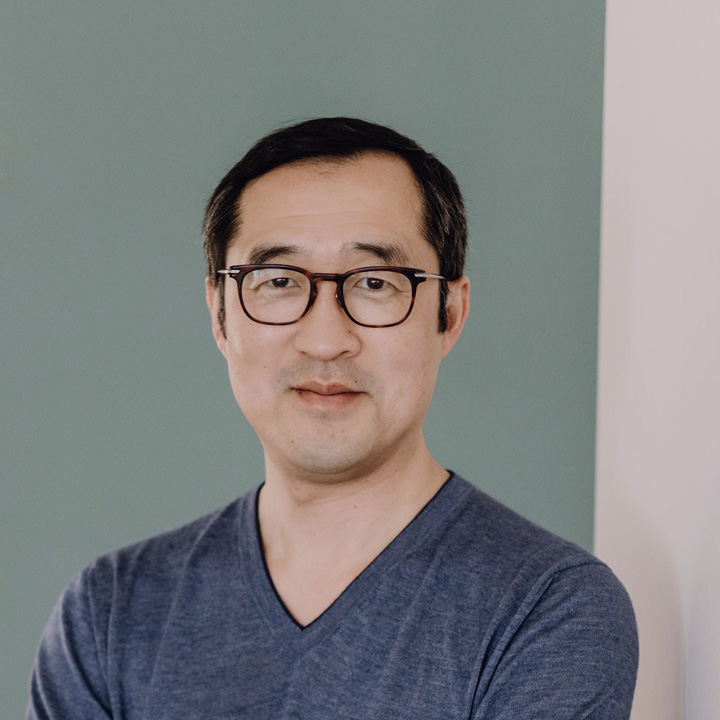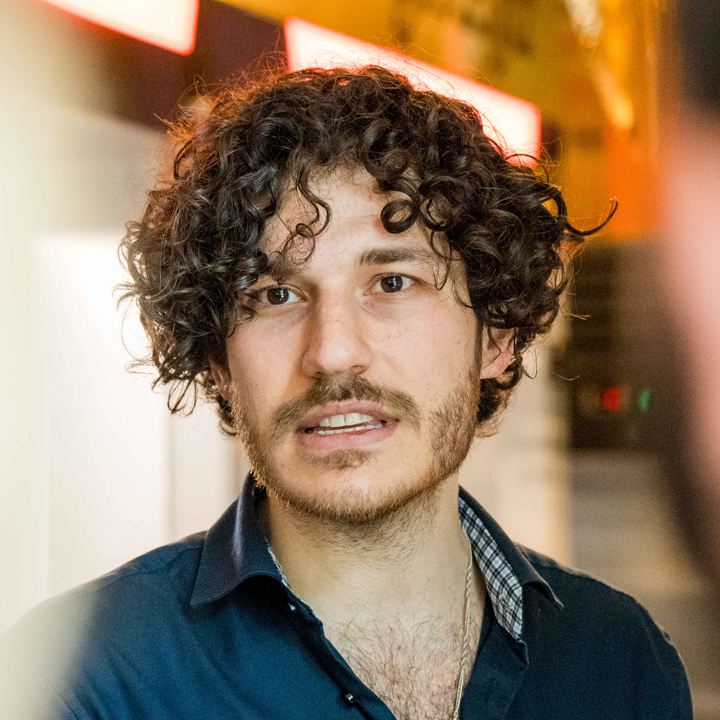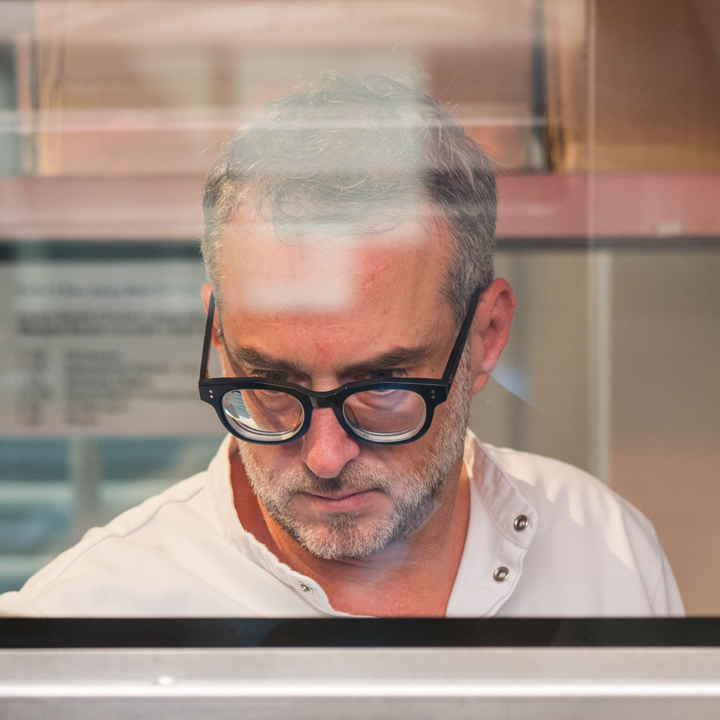F&B Heroes Legacy
From the gastronomy industry. For the gastronomy.
F&BHeroes was born out of practical experience - out of the desire to make gastronomy more economically stable, more human and more sustainable. Our roots lie in Excel sheets, in real kitchens, in real spaces, in real projects.
We saw this early on:
The gastronomy system is full of passion - but operationally often at its limit. The shortage of skilled workers, increasing cost pressure and changes in consumer behavior demand new answers.
That's why today we are not just consultants, but facilitators for a gastronomy system that is based on system, scalability and substance .
Why this development?
Gastronomydoesn't need another concept booklet - it needs models that work. Our development towards robotic gastronomy was not a leap, but a consequence.
We have helped develop dozens of concepts, built brands, tested feasibility - and always recognized the same pattern:
It's not a lack of ideas. There is a lack of structural solutions. That's why today we design gastronomic systems that no longer have to fail due to staff availability or location dependency.
Excerpt from legacy use cases - our path to today's positioning
Vipho Long-term support of a successful Asia-Fresh-Casual concept - focus on strategic development, brand management and economic modeling.
BélaBéla - Steigenberger Herrenhof, Vienna Development of the entire culinary concept including product portfolio, gastronomic signature and positioning in the hotel context.
Natoo - Frankfurt Airport Product development for a health-oriented grab-and-go concept in a highly frequented traffic location - with a focus on operationalization and product range clarity.
Stackmann- Experience gastronomy in a department store Brand and concept development for an immersive gastronomy space in a non-food context - including guest flow, zone logic and storytelling.
Urbandevelopment projects (including Main Yard, Frankfurt) Location analyses, profitability calculations and gastronomic scenarios for new urban districts - as a bridge between urban planning and supply concepts.
What we have learned from this
Eachof these projects was a building block. They have shown us where traditional systems reach their limits - and where the greatest potential for real transformation lies.
Today, we combine this knowledge with automation, smart processes and scalable formats - to rethink supply: efficient, economical, human-centered.



